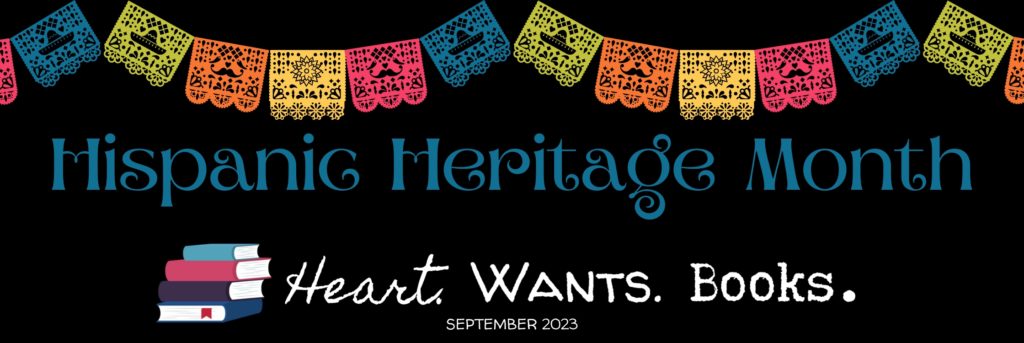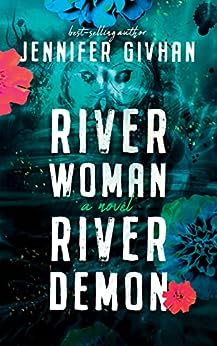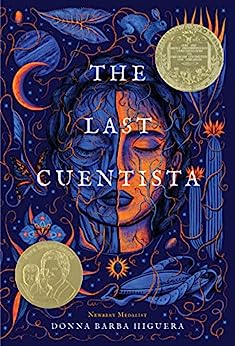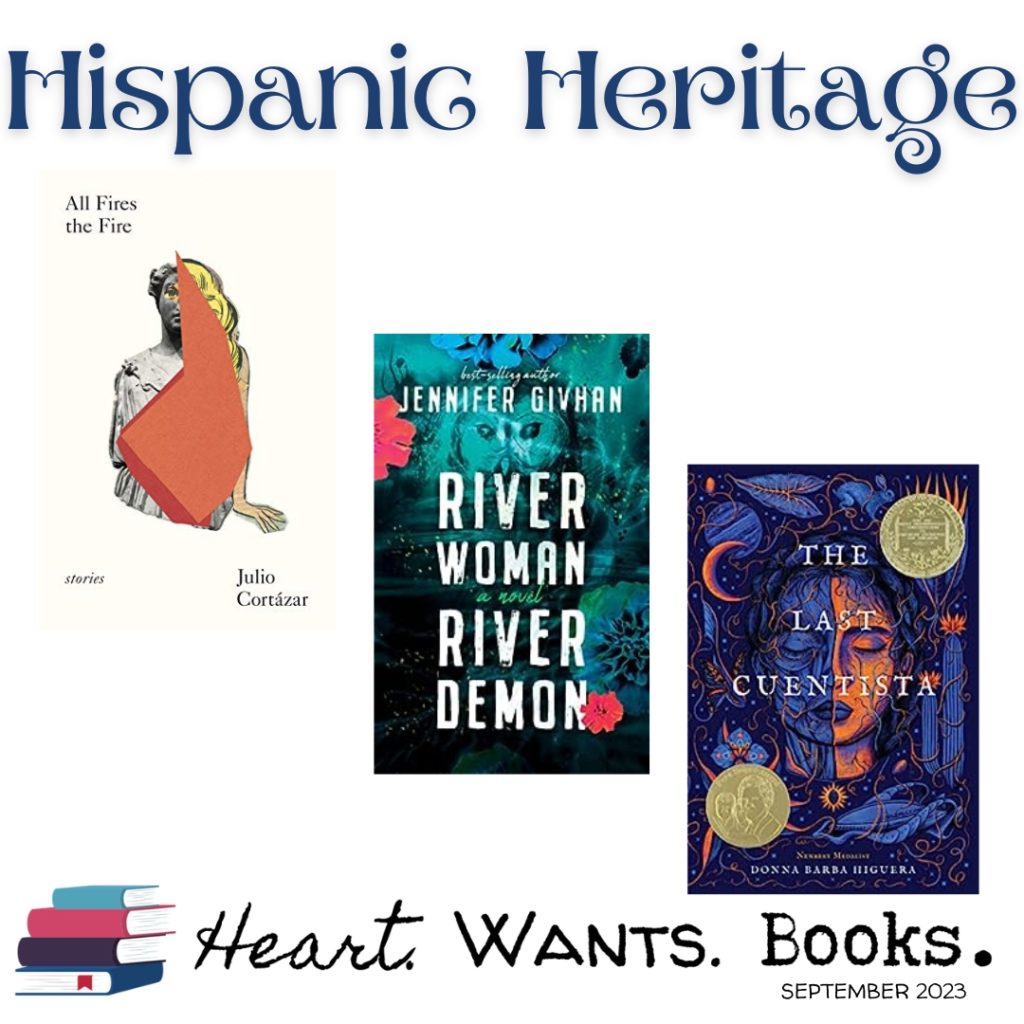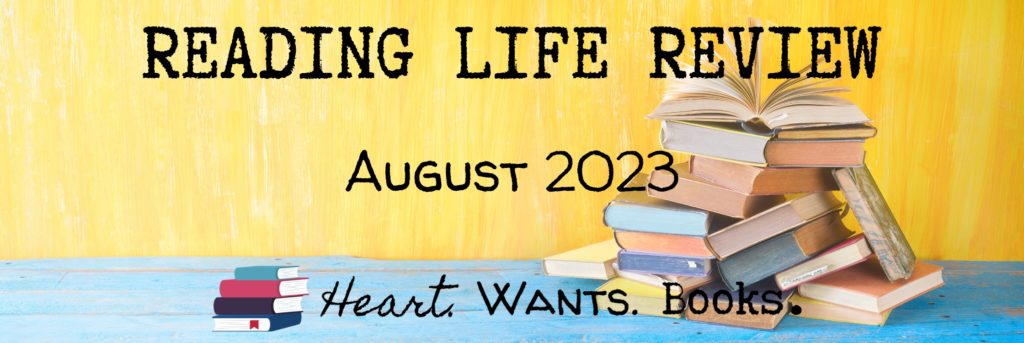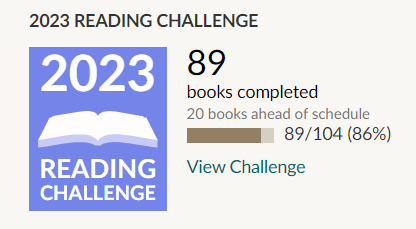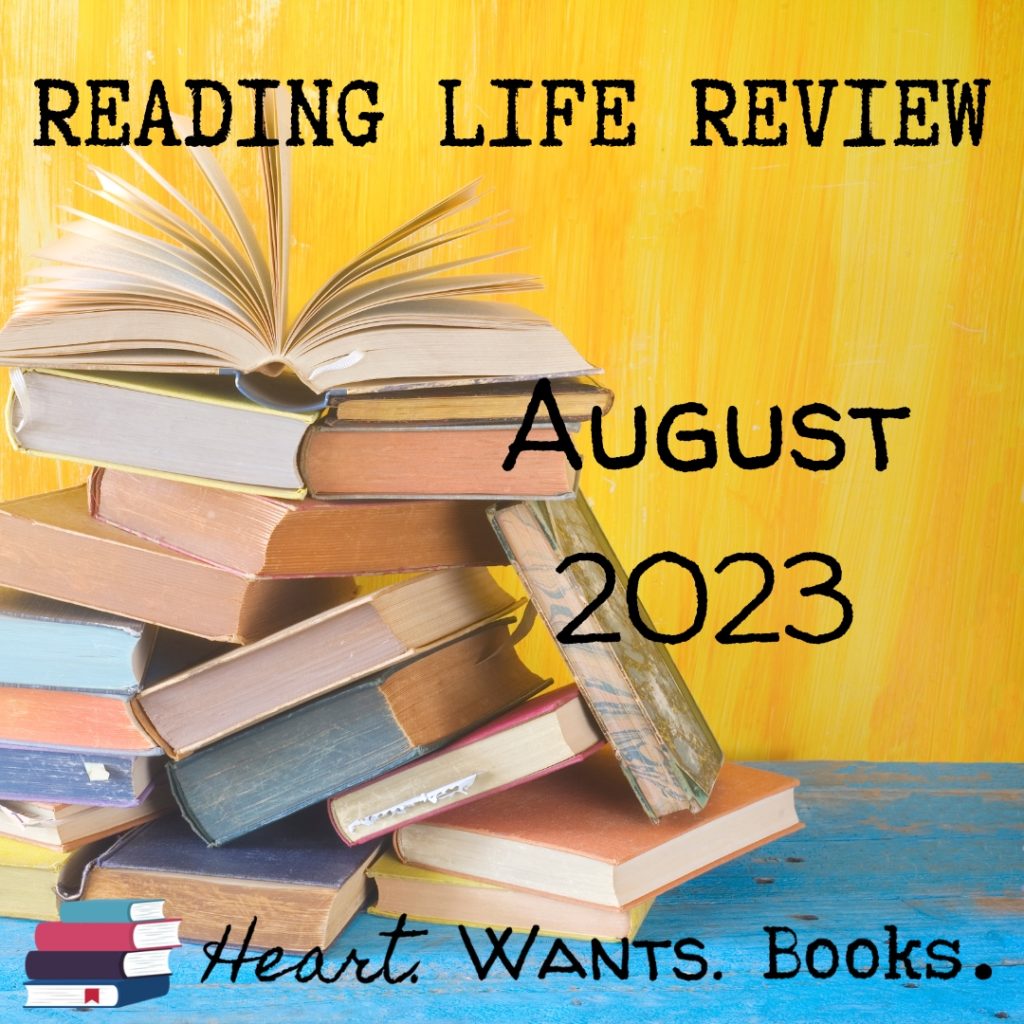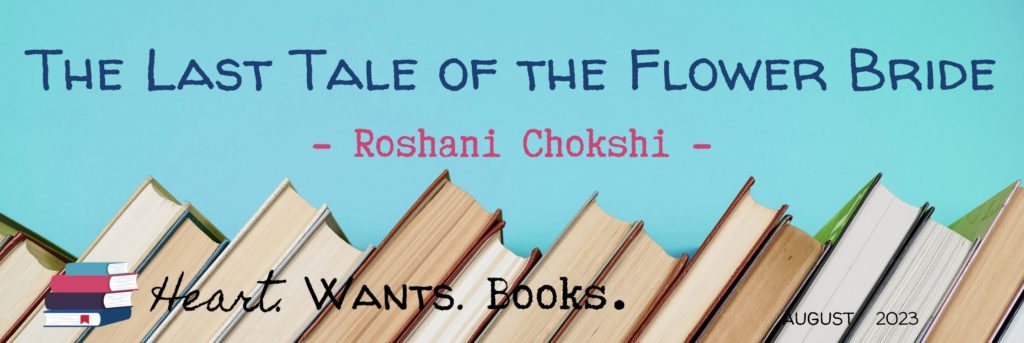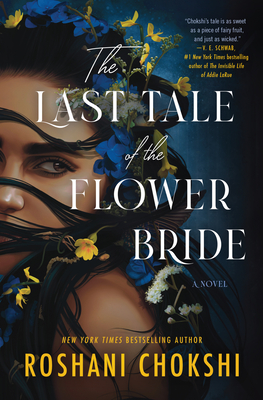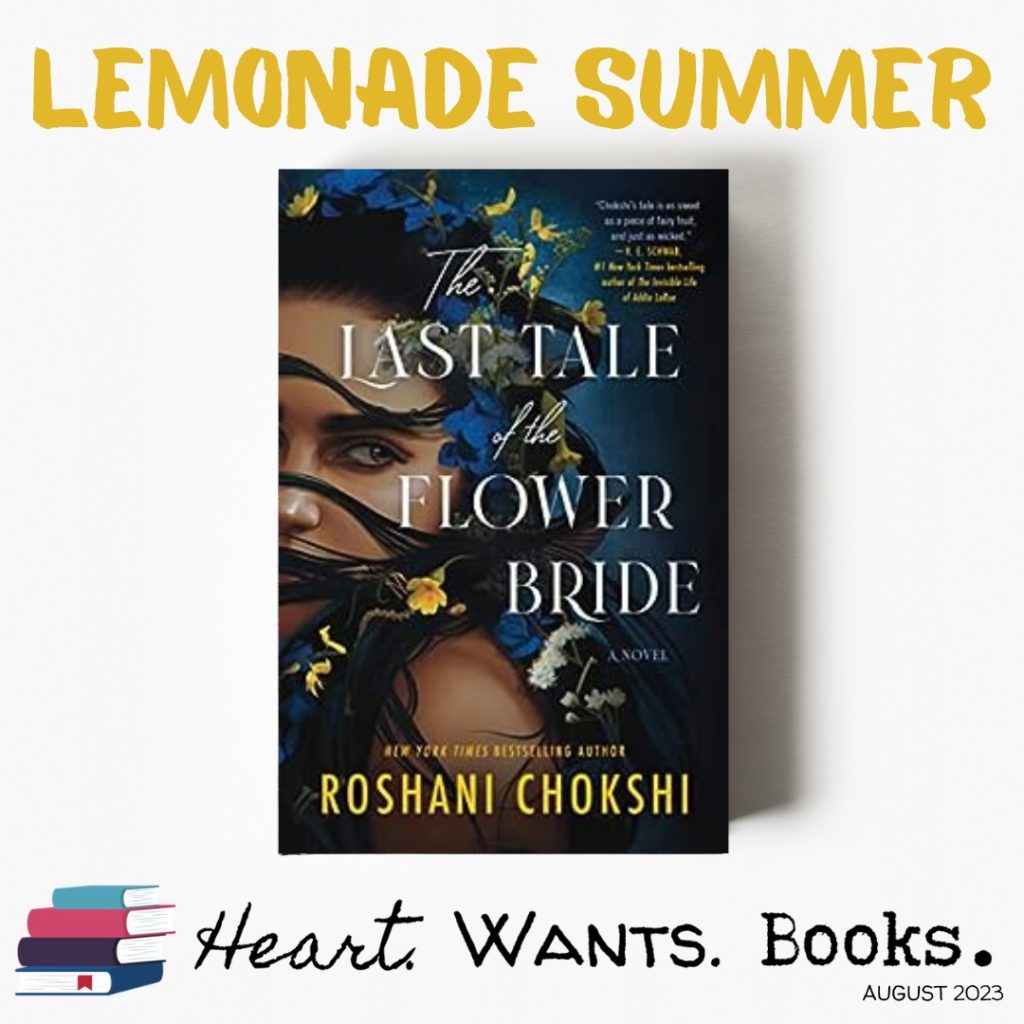
The following post includes affiliate links. More details here. As you’re doing your Amazon shopping, we’d be ever so grateful if you’d use our affiliate link to do so as it helps pay the bills around here!
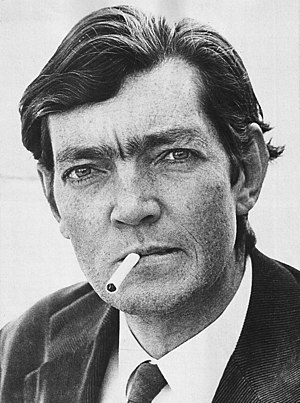
Julio Florencio Cortázar was born August 26, 1914 in Brussels, Belgium, to Argentine parents and whose father was connected to the Argentine diplomatic service there during the occupation by forces of Kaiser Wilhelm II. The family moved around Europe for a few years before settling outside Buenos Aires by 1919. He was a sickly child and spent much of his young life in bed reading. Encouraged by his mother who spoke several languages, the future teacher, author, and translator became obsessed with Jules Verne. By eighteen Cortázar earned a certificate to teach elementary school, and soon after attended the University of Buenos Aires to study philosophy and languages. He dropped out for financial reasons without ever earning a degree. After working for some time as a lecturer and translator in Argentina, Cortázar moved to France in 1951 where he would remain a resident until his death in 1984, though he traveled widely. Cortázar wrote novels, short stories, poetry, dramatic works, and non-fiction in his native Spanish. He is also known for his translations of French and English works, most notably Robinson Crusoe and the prose of Edgar Allan Poe.
In his own works, however, Cortázar focused on characters of South American background, no matter the setting in which the story took place. He loved his homeland, and was determined to bring this representation of Hispanic peoples to the rest of the world. He was an experimentalist, writing stories not dependent upon a linear understanding of time, and dabbled in magical realism. To note, his most famous novel, Hopscotch, is also considered an antinovel, because the reader is invited to read and rearrange the work in a plan prescribed by the author. I’m thinking it’s a ‘choose your own adventure’ situation from 1963. If it is anything like the stories in All Fire the Fires, the antinovel was certainly not written for children.
Now, let’s get down to business with Cortázar’s All Fire the Fires. I started reading them knowing nothing more about Cortázar than he was a popular mid-twentieth century Argentine author. I did not realize how popular his works were, or that he lived much of his life exiled from his homeland because of his political ideologies. In looking back, I can feel his longing for this missing homeland in the final story of the book, The Other Heaven. In it, the first-person narrator regrets not introducing himself to a stranger in a Parisian cafe, whom his friends just call ‘the South American.’ He regrets not allowing himself to speak his native tongue to another native speaker in a place filled with reminders that they are far from home. And that maybe, a timely reminder that the South American was not alone, could have stopped him from taking his life several weeks later. That is something anyone would regret and consider for the rest of their life, and I think that will live as a reminder to me to always reach out, when I can, as it will cost me little effort and can bring much peace.
The other seven stories are also weird and poignant in equal measure. The first story is a weeks-long traffic jam on a thruway into Paris. There’s a story about a nurse and her appendectomy patient. And, the one I think is my personal favorite, about a flight attendant who finally takes a vacation to a random island in Greece after seeing it from the plane at noon for weeks and weeks. I’m giving All Fire the Fires 3 solid stars, and I’m tempted to give it 3.5, but I can’t really warrant much more than a ‘meets expectations.’ (I do understand that ‘expectations’ in this specific sense is vague as I didn’t have any background to provide me with expectations when I began reading.) I just got big ‘these are weird stories and the point is emotion driven not plot driven’ expectations and that’s just the kind of ‘meets expectations’ read we’re going to get from this collection of short stories.
~Ashley
As we’ve previously shared, our reading goals generally include ensuring we’re reading some titles from people who don’t look like us, and if you’ve been around here a bit, you know we like to take full advantage of history and heritage months celebrating cultures and people groups do dig in with authors from those cultures and groups, so here we are. We also like to utilize my holds list as a way of limiting our scope of titles to explore (because it’s V extra, still), but sometimes it is also lacking in diversity and that leads us to looking through lists on the interwebs, which is how Julio Cortázar came to be on our radar. Ashley gave a thorough biography, so I’ll just add that he is considered one of the founders of the Latin American Boom and is touted as having influenced a generation of writers who are Spanish-speaking. Yes, that means you can file this under one of those “important” authors “they” suggested we read. While I’m not sad to have read this work, I was not appropriately prepared, even after reading the marketing copy while perusing assorted lists, and cross referencing them with our libraries.
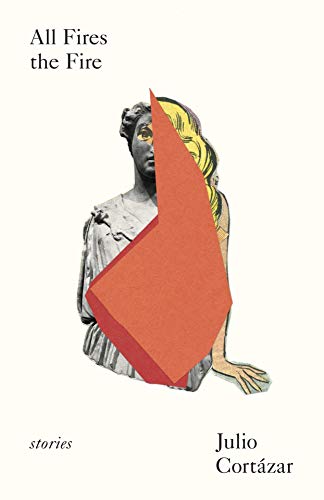
All Fire the Fires is a short story collection that includes a wide variety of topics and tales, all bordering on absurdist, which you know isn’t our favorite thing around here. Ashley mentioned the weeks-long traffic jam, which I present as an example. The stories seemed to have a theme of characters trying to find themselves. Our appendectomy patient was a teen, the drivers in the traffic jam were struggling with identity in this new dystopian environment, and our narrator in the final story is working through the mess of who he wants to be compared to what his mother expects of him. These stories are also about family, either found or blood, and how the different personalities interact with each other. The collection was definitely an interesting study of character, as Ashley also mentioned.
What struck me about All Fire the Fires more than anything else was how it felt like prestige writing, when my current vibe has been leaning solidly into genre writing. While reading this, I listened to an episode of What Should I Read Next Podcast wherein Anne and guest Sai discussed prestige (aka literary) and genre books, TV, and even video games, and that has stuck with me. With the “they” influencing this read, the structure that was sometimes meshing multiple stories in the same paragraph (which was already quite lengthy), and the character study, the collection definitely feels very literary and worthy of an intense, academic-style discussion. All that said, I did enjoy the academic-feeling, almost throw away sentence wherein a character was surprised by another’s use of the familiar “you” compared to the formal. Props to the translator for leaving that in for those who recall their foreign language classes from yesteryear.
Overall, I’m also giving All Fire the Fires three stars. It wasn’t the right time for me to read it (while I’m living my genre era), but I appreciate the literary aspects of the work and the ways in which I see styles of Cortázar in more modern works. I’m definitely glad I read some of his work and appreciate the collection, but don’t see myself seeking out more in the foreseeable future.
What’s a text you’ve read because some “they” said you should and yet still appreciated for its artistic merit?
~Nikki
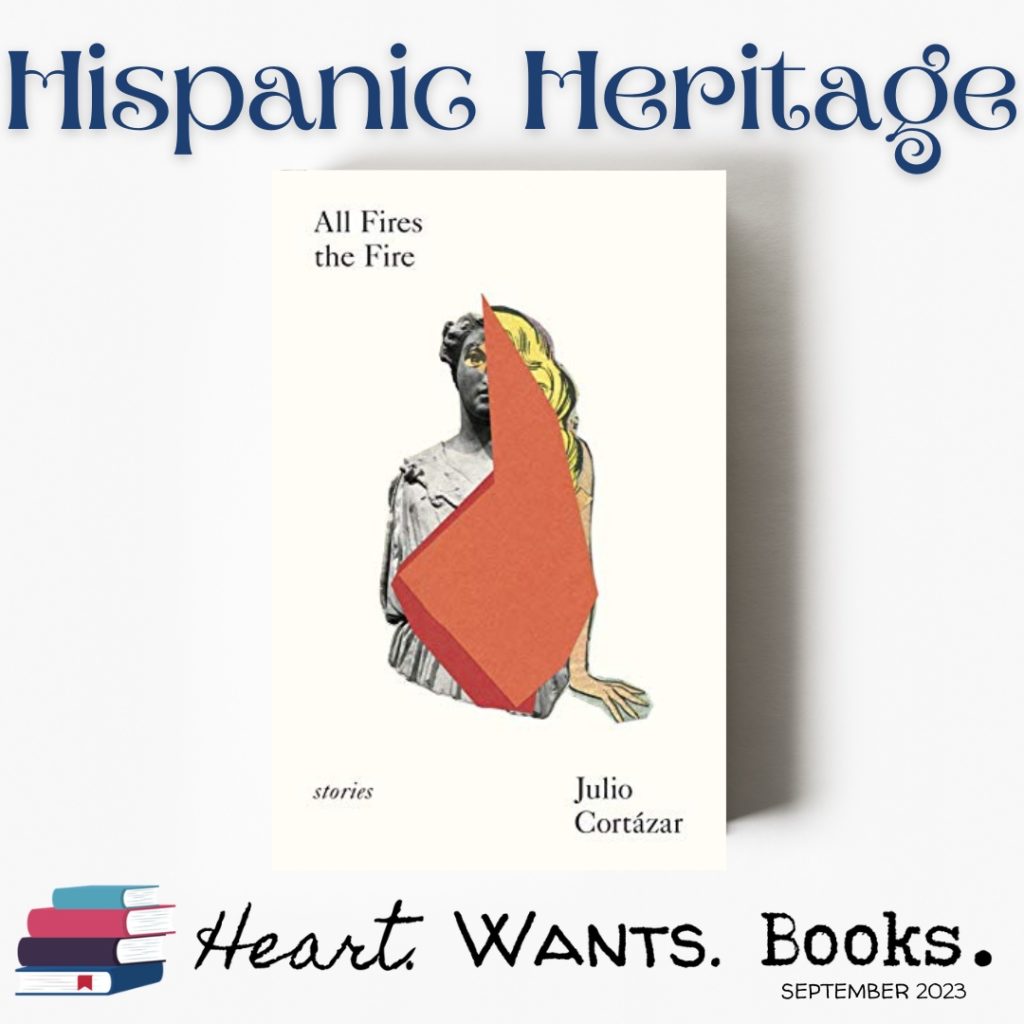
PLEASE SUPPORT US WHEN YOU SHOP BY FIRST CLICKING ON THE IMAGES BELOW:




